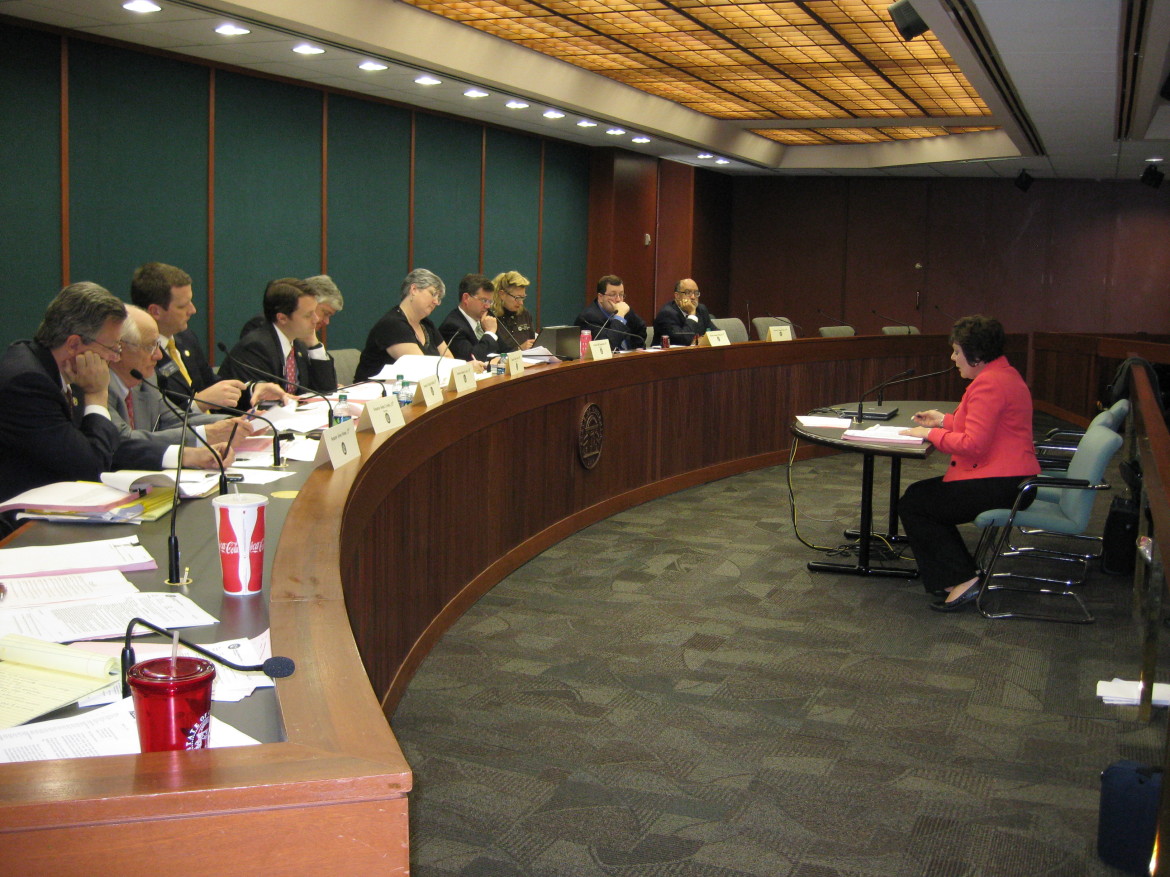 The proposed overhaul of Georgia’s juvenile justice and child protection laws cleared another hurdle Wednesday, even as local governments continued to fret about the potential financial burden.
The proposed overhaul of Georgia’s juvenile justice and child protection laws cleared another hurdle Wednesday, even as local governments continued to fret about the potential financial burden.
The bill, five years in the making, would update Georgia’s juvenile code for the first time in 40 years, modernizing procedures and treatments for handling abused, neglected and delinquent children. The state Senate Judiciary Committee recommended passage of a House version of the bill Wednesday afternoon on a unanimous vote.
In endorsing the House legislation, the senators agreed that the state’s financially troubled Georgia Public Defender Standards Council should continue to make sure indigent juveniles facing detention have a lawyer. An earlier Senate version of the bill would still have guaranteed attorneys for those youths but would not have made the council responsible.
County governments, which pay the bulk of the costs to operate juvenile courts, still worry that they’ll be stuck with the tab for more prosecutors and defense attorneys, said Debra Nesbit, lobbyist for the Association County Commissioners of Georgia.
“We’re not realizing any savings at the local level,” Nesbit told committee members.
Advocates for the bill disagree, noting that increased reliance on mediation and other improvements would reduce local court costs.
Wildly divergent cost projections for complying with the new juvenile code continue to surface as it works its way through the legislative machinery. The bill would require a prosecutor for every delinquency proceeding and consultation with a defense attorney before a child could waive his or her right to counsel.
Local district attorneys, for instance, say they’ll need another $15.9 million a year to handle the new caseload, while a study commissioned by child advocacy groups calculates the cost at $8.6 million. The public defender council says personnel alone will cost $3.5 million more, while the same study puts the price tag at around $400,000.
Rep. Wendell Willard (R-Sandy Springs), the bill’s sponsor in the House, suggested those agencies may have embraced higher estimates “to make sure everything’s covered.”
The effective date of the reforms have been pushed back a year — to July 2013 — so state budget officials have time to nail down the anticipated costs. Willard said the Governor’s Office of Planning and Budget may have better estimates by the time the bill hits the Senate floor, probably next week.
“I think everyone’s waiting for the governor’s nod of the head,” he said. “He’s doing his best to do that for us.”
The Senate committee OK’d five amendments Wednesday that Willard said would save $35 million or more.
The biggest change would permanently bar judges from sentencing youths to so-called short-term detentions of more than 30 days. That limit — reduced from 60 days in recent years as a cost-saving measure — was set to expire next year.
Longer detentions could cost the state between $23 million and $31 million, Willard said.
“That’s major money,” he said.
More importantly, he said, short-term detentions are the wrong approach for dealing with troubled youth “because you’re taking them away from their community, out of school [and] away from their families.”
The code revisions emphasize community-based treatment rather than detention for many cases, a model that Willard said will save Georgia money and put more troubled youths back on the right track.
“There are savings not only in dollars,” he said, “but savings in the lives of these children and their future.”
Photo by Jim Walls | JJIE.org
